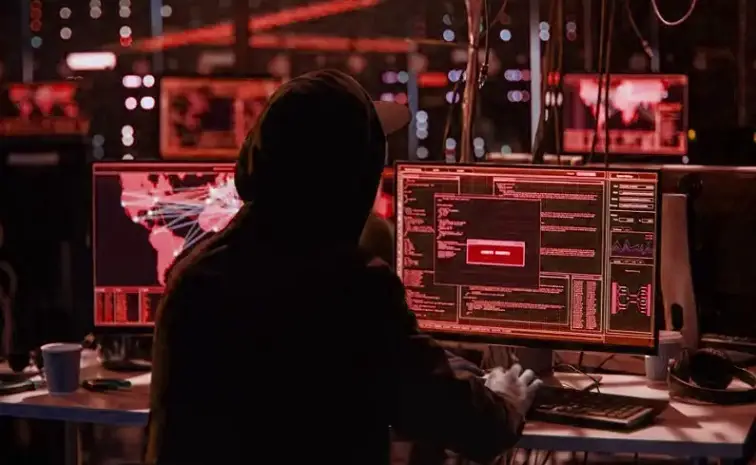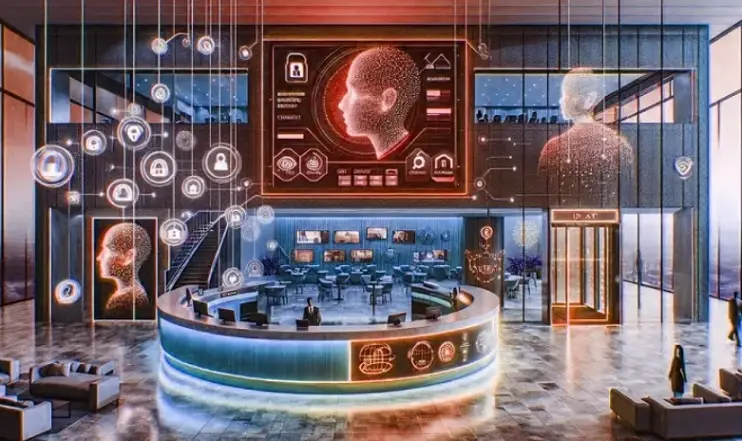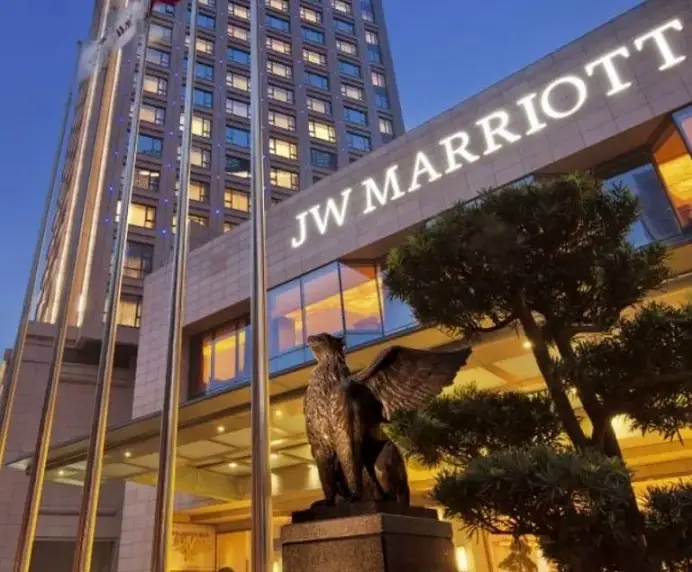
Bangkok Hotel Technology News: As the high season for global tourism swings into full gear, hotels across Asia and the world are prepping for full occupancy, expanded services, and soaring profits. But amid this flurry of bookings and guest arrivals, another group is also quietly gearing up — cybercriminals. For them, the hospitality industry’s busiest time is a goldmine of opportunity.

Image Credit: StockShots
This Bangkok Hotel Technology News report delves into why cyberattacks spike during peak seasons and how hotel operators can defend against a rapidly evolving threat landscape. While tourism surges mean more financial gains, they also bring an exponential increase in the volume of customer data, financial transactions, and booking activity — all lucrative targets for hackers. At the same time, many hotel IT teams are stretched thin or operating with skeleton crews, as staff themselves take holiday leave. This perfect storm makes hotel systems ripe for exploitation.
Why Hackers Love the Hospitality Industry
For years, hotels, airlines, and resorts have remained among the top three targets for cybercrime, due to the wealth of sensitive information they collect and store. Guest names, credit card numbers, passport details, loyalty program credentials, and other personal identifiers are highly valuable on the dark web. One breach can net millions for a skilled hacker — making the sector an attractive and ongoing target.
Cyberattacks during busy travel seasons are not merely a possibility; they are a growing certainty. The latest data from global thematic intelligence analysts confirms that the hospitality industry ranks third among all sectors for reported cyber incidents. With this in mind, it’s vital for hotel owners and operators to understand the most common attack methods used by cybercriminals.
The Most Dangerous Threats to Watch For
Phishing remains the most prolific and successful entry point for attacks. These scams rely on social engineering tactics to deceive staff or guests into clicking malicious links, providing login credentials, or approving fraudulent transactions. A typical example might involve a fake email from someone posing as the hotel’s IT support team, alerting front desk staff about a fabricated “security threat” that requires urgent credential confirmation. Once access is granted, the attacker can move laterally across the network to steal sensitive information or inject malicious software.
Another form of phishing targets guests directly. Criminals send bogus booking confirmation emails or fake check-in instructions, often requesting additional payment or sensitive personal details. Many unsuspecting travelers fall for these scams during peak travel stress.
Ransomware is another particularly devastating threat. In these attacks, a hotel’s systems are locked down entirely — disabling access to bookings, payment systems, keycard access, and communications — until a ransom is paid. During high season, even an hour of downtime can result in tens of thousands of dollars in lost revenue, not to mention customer dissatisfaction and reputational harm.
Credential stuffing is an additional danger. Using bots and previously stolen usernames and passwords (often purchased in bulk on the dark web), hackers flood login portals across travel websites and hotel apps. Once inside, they can redeem loyalty points, make unauthorized bookings, or steal even more sensitive information.
Why Traditional Defenses Are Not Enough
Cybercrime is evolving faster than most in-house IT teams can handle. Even well-funded hotel groups with seasoned security professionals struggle to keep up with the sheer volume and diversity of attacks.
Moreover, most hospitality companies operate complex, interconnected systems — from booking engines and payment gateways to third-party service integrations like digital key providers and online review platforms. Each integration increases the attack surface and can act as a backdoor into the entire network if left unpatched or unmonitored.
The cost of not acting is staggering. Beyond immediate revenue loss, a cyberattack can lead to long-term reputational damage, class-action lawsuits, compliance violations, and permanent erosion of guest trust.
Industry Collaboration is the Secret Weapon
To combat the growing threat, hotel operators must move beyond siloed defenses and embrace industry-wide collaboration. Intelligence-sharing networks and collective cybersecurity initiatives have proven highly effective in accelerating threat detection, streamlining response times, and fostering a culture of preparedness.
When hotel groups, tourism boards, and travel tech providers share insights about current phishing campaigns, ransomware strains, or new hacker tactics, every participant becomes stronger. This form of collective defense ensures no one is left behind in the fight against cybercrime.
Intelligence-sharing also empowers hotel IT teams with practical, real-world knowledge. Access to community-sourced playbooks, live case studies, and recommended protocols helps teams develop incident response strategies based on actual threats faced by their peers.
Benchmarking against others in the industry can also identify blind spots. For instance, a midsized hotel chain might discover it’s lacking multi-factor authentication or intrusion detection systems — vulnerabilities that more advanced organizations have already addressed.
Creating a Culture of Cyber Readiness
Beyond tech upgrades and alliances, hotels must also foster internal cybersecurity awareness among employees. Frontline staff, who are often the first line of defense, need training to recognize suspicious emails, verify identities before approving transactions, and report anomalies without delay.
Embedding cybersecurity into the workplace culture — rather than treating it as an isolated IT concern — is key. From housekeeping to human resources, every department can unknowingly become a gateway for attackers if basic protocols are ignored.
Some forward-thinking hotels now simulate phishing attacks as training exercises. Others incentivize cyber hygiene by recognizing vigilant staff who flag potential threats. These small steps can build a strong internal firewall, no matter how sophisticated the attacker.
Travel Peaks Are Not Just About Bookings Anymore
While peak seasons bring high occupancy, vibrant guest experiences, and bustling hotel lobbies, they also bring invisible dangers in the form of cyber intrusions. The stakes are no longer just about revenue — they’re about safeguarding digital trust.
As cybercriminals become more sophisticated, the hospitality industry must evolve in equal measure. The future of hotel security lies in collective action, real-time intelligence sharing, and a cultural shift toward cybersecurity at every level of the organization.
Hotels that invest in strong defenses today will not only avoid disaster but also set themselves apart as safe, trustworthy havens in an increasingly digital world.
For the latest Bangkok Hotel Technology News, keep on logging to Bangkok Hotel News.






